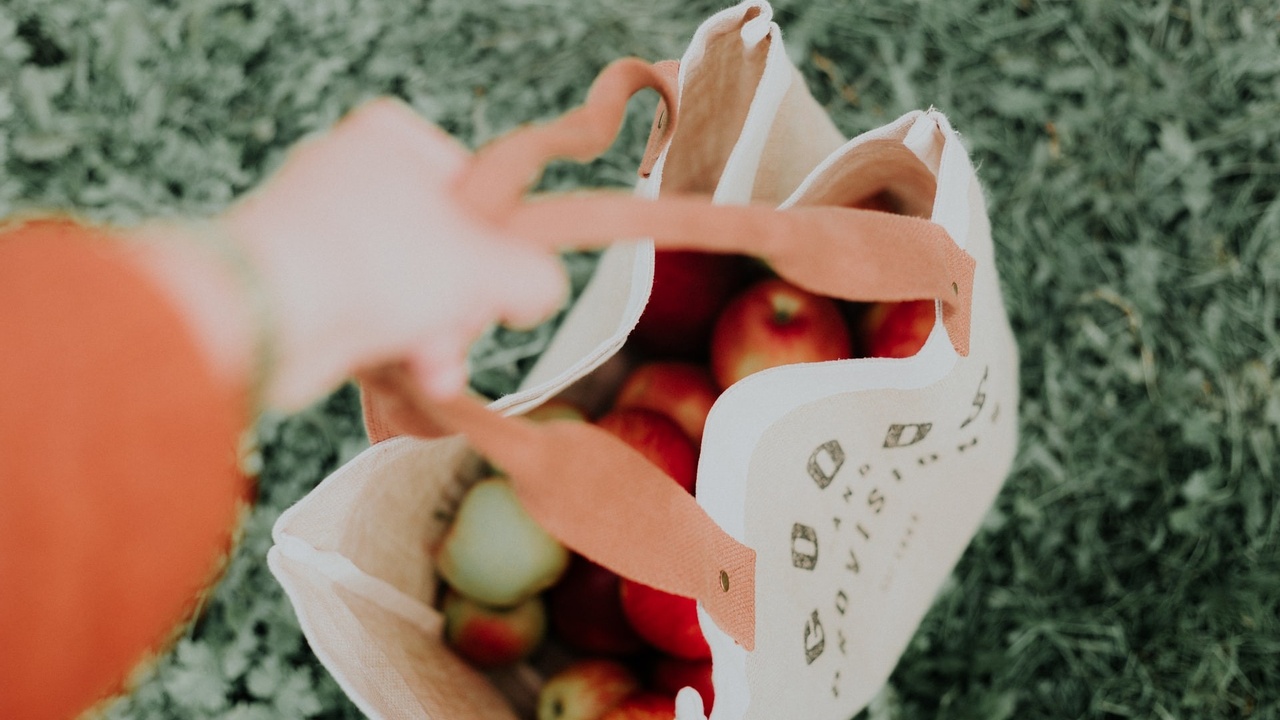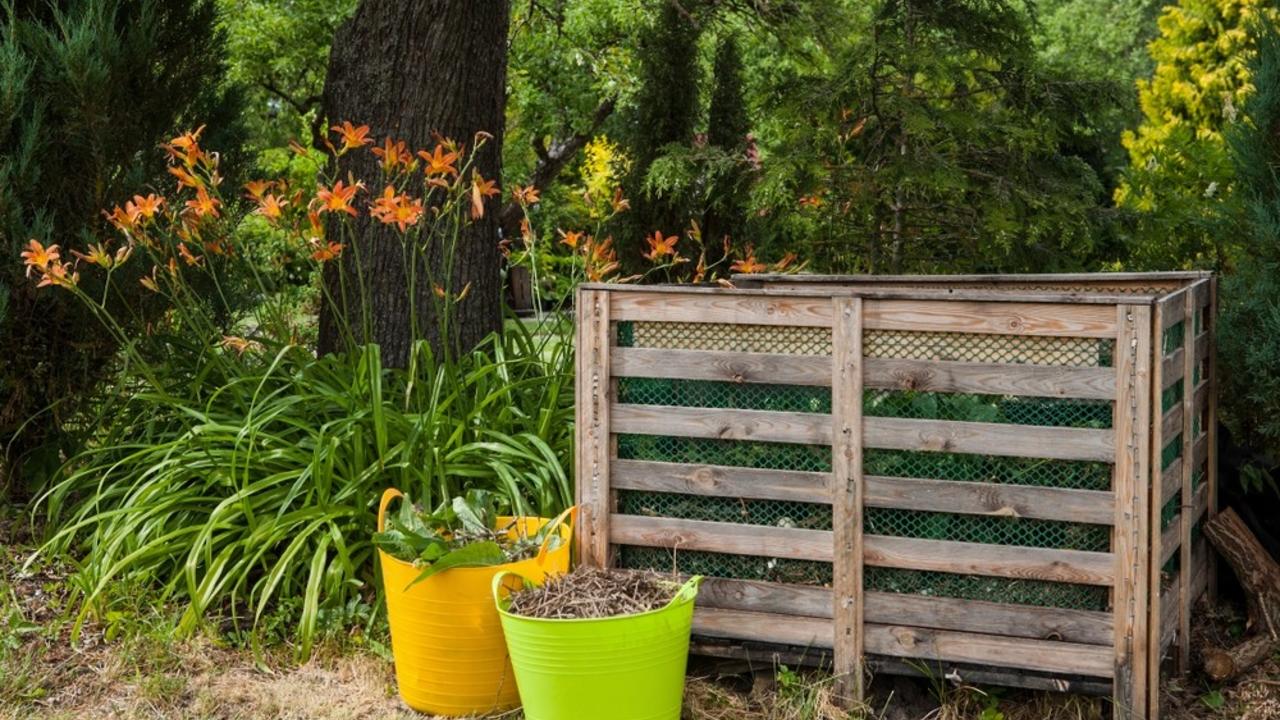Sustainable wellbeing and green living
Let's find ways to Flourish!
Is precycling the answer?

While you are likely quite familiar with the phrase “reduce, reuse recycle,” have you ever heard of the term “precycling”? If not, precycling is the practice of reducing the amount of waste you produce by avoiding certain items, actions, and activities that result in the creation of waste in the first place. Brilliant right?
Precycling is essentially the step you take before resorting to recycling, reusing, or landfilling an item, as it occurs at the point of purchase. By avoiding purchasing single use or disposable items, you don’t have to worry about finding the most environmentally friendly way to deal with your waste! Additionally, precycling is a great way to get into the habit of buying earth-conscious items!
In order to apply the concept of precycling to your life, it is helpful to first assess the areas in your life where you tend to produce the most waste. Then, you will be able to brainstorm different ways to precycle, therefore reducing your...
The one thing to green your decisions: The Precautionary Principle

What is the Precautionary Principle?
Life can be unpredictable and sometimes the decisions we make end up causing unintended consequences. This is especially the case when it comes to the natural environment and the implementation of new science, technologies, and activities. The unintended consequences of these activities can result in severe environmental harm.
That’s why it is important to take an anticipatory approach in order to mitigate and avoid environmental harm. With the multitude of environmental issues such as climate change, plastic pollution, and biodiversity loss that we are currently facing, it is in our best interest to start taking this approach!
The Precautionary Principle is based on the idea that it is “better to be safe than sorry.” Opposed to a reactive approach which is concerned with resolving negative effects after they have already occurred; (think plastics polluting the ocean) the Precautionary Principle is preventative.

The...
My Green Kitchen Renovation

It was back in 2006 when my husband A.J. and I began to have the big discussion, as many couples eventually do...should we renovate?
Our house was built in 1918 and had many benefits of an older home such as quality craftsmanship, durability and lovely old trees lining the street. However, it also had some of the downsides of older homes, including a kitchen that was separated from the dining room by a wall and a rather poorly done upgrade that was at least a few decades old.
So, we decided to dive into the project and do a renovation of the kitchen, including opening it up to the dining room and doing it as sustainably as possible! I was already teaching sustainability and working in the field, so I knew that I wanted to do something that reflected these values.
And we knew that we wanted to achieve a more functional space, as most of the cupboards and appliances were all clustered in one corner. The cupboards were from about the 1050s or perhaps earlier, and every time you opened...
Backyard Composting

Composting is a method of waste diversion. As with anything related to sustainability, our main goal should be to decrease the amount of waste we produce, and this means wasting less food. However, there are plenty of food scraps that are produced when we cook at home, and I truly believe that cooking dinner is an act of sustainability.
Composting is a great way to dispose of food scraps and waste. Not only does it help to reduce carbon emissions, but it also helps to rebuild soil quality, and gets us more in touch with natural processes, right in our own backyard!
So, what to compost?
Food scraps are the best and most straightforward things to put in your compost bin. Food scraps are the inedible portions of food such as peels, rinds, and husks. These are not to be confused with food waste, which are edible portions of food that are thrown away or allowed to go bad. While some food waste can also go in the compost bin, we have to be more selective here. More on that in a moment....
Why Earth Day needs a re-branding

Today is the 50th anniversary of the first Earth Day, and in this strange time of the global pandemic due to the Coronavirus, COVID-19, we are seeing decreasing pollution all around the globe as our travel has dramatically decreased, along with decreased economic activity due to the pandemic. I thought it might be a time to re-think Earth Day. It’s not that environmental issues have gone away; they are actually more relevant than ever. It is just that the conversation about environmental issues has expanded, as have many of the problems since those first Earth Day teach-ins in 1970.
Don’t get me wrong, I consider myself a strong environmentalist and have spent my entire adult life in environmental education and working towards sustainability. So of course, I love that we have at least ONE day a year when we are guaranteed some attention to promoting these issues. But it is only one day. And really, I think that we all know that a one-day feel-good event is not going to...


